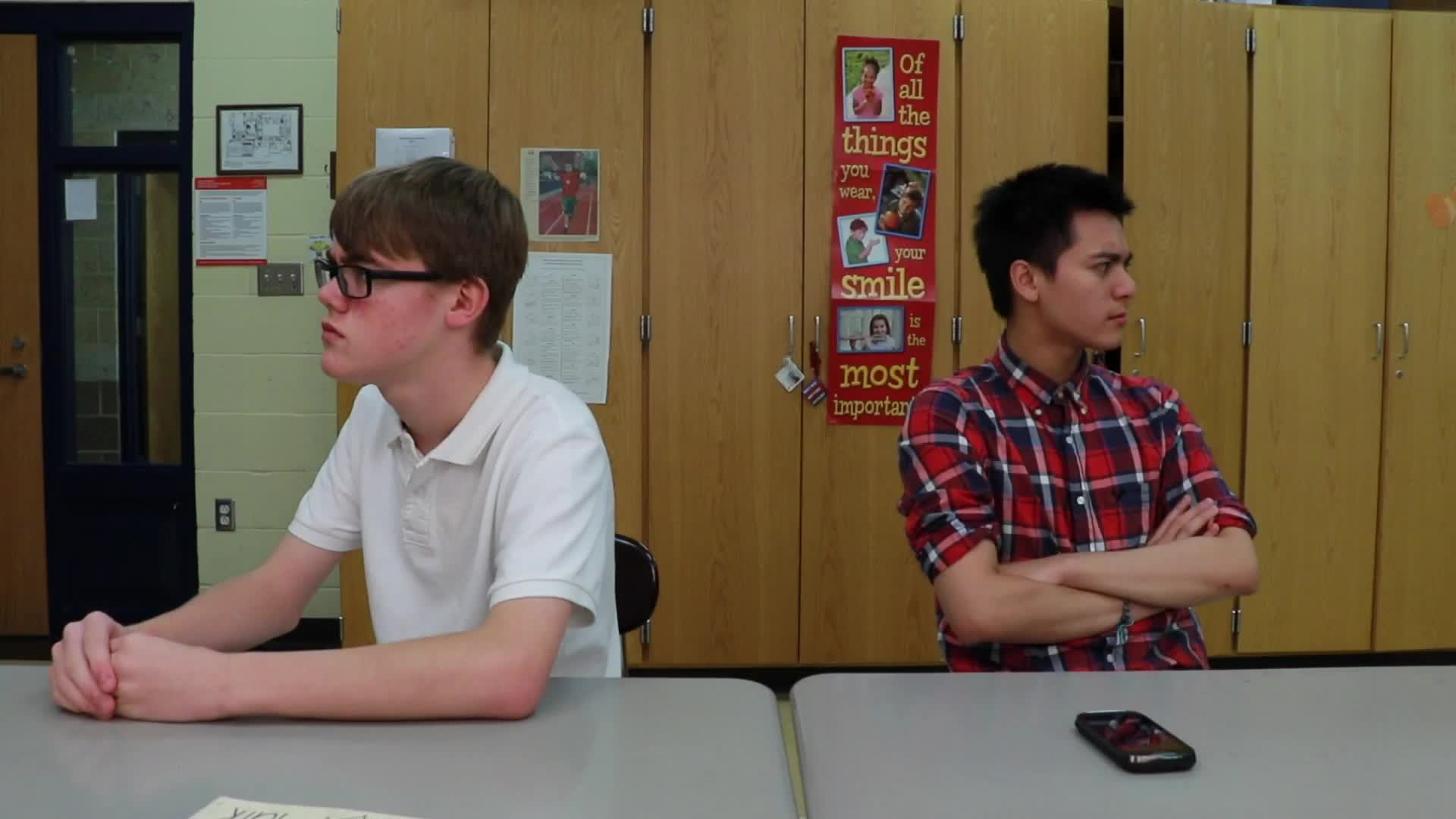
Introduction
Special education plays a crucial role in addressing the diverse needs of students. One such essential skill that high school students need to develop is the ability to understand others’ perspectives. This skill is vital for effective communication, conflict resolution, and overall social-emotional wellbeing.
Understanding Perspective-Taking
Perspective-taking is the ability to comprehend and consider another person’s point of view, feelings, and thoughts. This skill is essential in fostering empathy, promoting healthy relationships, and resolving conflicts. By honing perspective-taking skills, students can improve their social interactions and overall wellbeing.
The Role of Specialists
Various specialists can support the development of perspective-taking skills in high school students, including:
- Speech-Language Pathologists: They can help students practice effective communication techniques, such as active listening and expressing their thoughts clearly.
- Social Workers: They can assist in identifying social-emotional challenges and provide strategies to navigate difficult situations.
- Psychologists: They can offer insights into cognitive processes that affect perspective-taking and provide guidance on enhancing these skills.
- School Counselors: They can facilitate skill-building activities, offer support in conflict resolution, and promote overall emotional wellbeing.
IEP Goals for Perspective-Taking
Here are some SMART IEP goals to enhance perspective-taking skills in high school students:
- Goal 1: The student will demonstrate improved perspective-taking abilities by accurately identifying the emotions and thoughts of others in role-play scenarios, with 80% accuracy in 4 out of 5 trials.
- Strategies/Activities: Role-playing exercises, group discussions, and analyzing social scenarios.
- Goal 2: The student will utilize active listening techniques to better understand others’ perspectives during conversations, as measured by teacher observations and self-assessment checklists.
- Strategies/Activities: Practicing active listening, engaging in reflective conversations, and using self-assessment checklists.
- Goal 3: The student will demonstrate effective conflict resolution skills by applying perspective-taking strategies in 3 out of 4 real-life situations, as reported by teachers and peers.
- Strategies/Activities: Conflict resolution role-plays, group problem-solving activities, and self-reflection exercises.
Implementing and Measuring Progress
To effectively implement these goals and measure progress, consider the following tips:
- Collaborate with specialists to devise tailored strategies and activities.
- Regularly track student progress through observations, assessments, and feedback.
- Adjust goals and strategies based on the student’s evolving needs and progress.
- Encourage students to self-reflect on their perspective-taking abilities and growth.
Conclusion
Developing perspective-taking skills is crucial for high school students’ social-emotional wellbeing and effective communication. By implementing these IEP goals and collaborating with specialists, educators can support students in enhancing these essential abilities. For more resources and activities, explore Everyday Speech Sample Materials.





